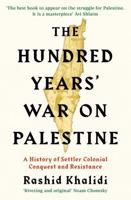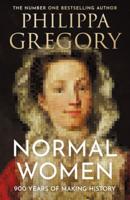Publisher's Synopsis
This historic book may have numerous typos and missing text. Purchasers can usually download a free scanned copy of the original book (without typos) from the publisher. Not indexed. Not illustrated. 1899 edition. Excerpt: ... sedulous inquiry, day after day, year after year, to know how the thing stands; in the use of all means, and most in the reverence of the humble commerce and humble needs of life, --to hearken what they say, and so, by mutual reaction of thought and life, to make thought solid, and life wise; and in a contempt for the gabble of to-day's opinions the secret of the world is to be learned, and the skill truly to unfold it is acquired. Or, rather, is it not, that, by this discipline, the usurpation of the senses is overcome, and the lower faculties of man are subdued to docility; through which as an unobstructed channel the soul now easily and gladly flows? The good scholar will not refuse to bear the yoke in his youth; to know, if he can, the uttermost secret of toil and endurance; to make his own hands acquainted with the soil by which he is fed, and the sweat that goes before comfort and luxury. Let him pay his tithe and serve the world as a true and noble man; never forgetting to worship the immortal divinities who whisper to the poet and make him the utterer of melodies that pierce the ear of eternal time. If he have this twofold goodness, --the drill and the inspiration, --then he has health; then he is a whole, and not a fragment; and the perfection of his endowment will appear in his compositions. Indeed, this twofold merit characterizes ever the productions of great masters. The man of genius should occupy the whole space between God or pure mind and the multitude of uneducated men. He must draw from the infinite Reason, on one side; and he must penetrate into the heart and sense of the crowd, on the other. From one, he must draw his strength; to the other, he must owe his aim. The one yokes him to the real; the other, to the apparent.






